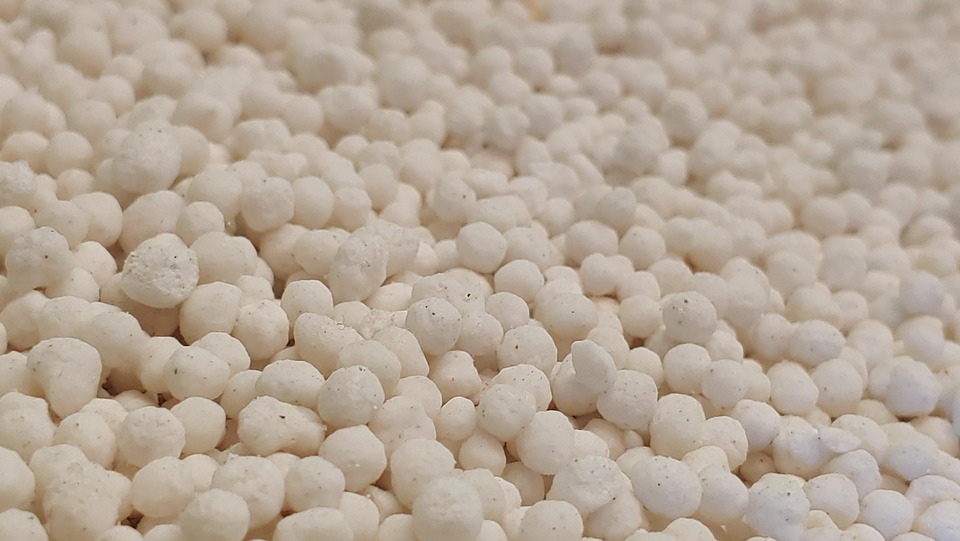Embarking on a career as a process engineer is akin to setting sail on a vast and unpredictable ocean. The journey can be exhilarating, yet fraught with challenges. Understanding the essential roadmaps to navigate this path is paramount. Here, we delve into the intricacies of forging a successful career in this dynamic field.
The Foundation: Education and Skills
-
Academic Background
A solid foundation in engineering principles is non-negotiable. Most process engineers hail from disciplines such as chemical, mechanical, or industrial engineering. A degree from a reputable university paves the way, but it’s the depth of knowledge that truly counts. Engage in modules that offer hands-on experience; practical learning often trumps theoretical knowledge. -
Technical Proficiencies
Familiarity with software tools like AutoCAD, MATLAB, and various simulation programs is essential. These platforms facilitate the modelling of processes and systems, enabling engineers to predict outcomes effectively. Continuous learning through online courses and certifications can keep your skills sharp and relevant. -
Soft Skills
Technical prowess alone won’t suffice. Effective communication, teamwork, and problem-solving abilities are crucial. Process engineers often collaborate with cross-functional teams. The ability to articulate complex ideas clearly and succinctly can set you apart in a competitive landscape.
Gaining Experience: Internships and Networking
-
Internships
Securing internships during your studies can provide invaluable insights into the industry. Not only do they offer practical experience, but they also allow you to build a network of contacts. This network can be instrumental in job hunting post-graduation. -
Professional Associations
Joining organisations such as the Institution of Chemical Engineers (IChemE) can be beneficial. These associations not only provide resources and networking opportunities but also keep you abreast of industry trends. Attend seminars, workshops, and conferences to further enhance your professional circle.
The Job Hunt: Crafting Your CV
-
Tailoring Your CV
When it comes to applying for positions, a generic CV simply won’t do. Tailor your CV to highlight relevant skills and experiences. Use action verbs and quantify achievements where possible. Rather than stating that you "worked on a project," specify that you "led a team of five to improve process efficiency by 20%." -
Interview Preparation
Familiarise yourself with common interview questions tailored for process engineers. Prepare to discuss specific projects and the techniques you employed. Demonstrating your thought process and problem-solving abilities will showcase your potential to prospective employers.
Lifelong Learning: Staying Ahead in the Field
-
Continuous Development
The field of engineering is ever-evolving. Staying updated with the latest technologies and methodologies is crucial. Regularly attend workshops, webinars, and training sessions. Consider pursuing further qualifications, such as a Master’s degree or specialised certifications, to deepen your expertise. -
Mentorship
Seek out a mentor in the industry. A seasoned professional can offer guidance, share experiences, and provide insights that you may not find in textbooks. Their advice can be invaluable as you navigate your career path.
The journey to becoming a successful process engineer is laden with opportunities and hurdles alike. By laying a strong educational foundation, gaining relevant experience, and continuously honing your skills, you can chart a fulfilling career. Always remember, the key is to remain adaptable in an ever-changing landscape.
As you embark on this exciting journey, keep in mind that CVPortal continuously provides a wealth of high-quality CV references to assist you in your career aspirations.


